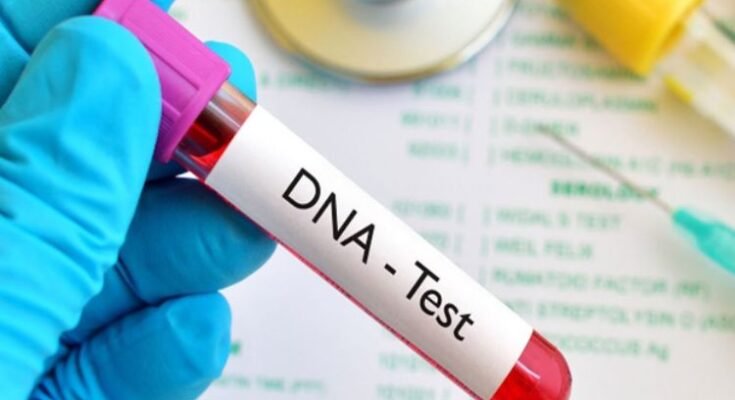A DNA test is a scientific analysis used to examine genetic material, which can help identify biological relationships, health risks, ancestry, and genetic traits. DNA test in India is becoming a familiar concept; at this point, numerous levels of testing are available across an array of contexts like personal ancestry, law enforcement, and medicine. Such advances with technology and awareness among consumers have meant that DNA analysis has shifted from being an important forensic tool primarily in legal or criminal proceedings to a valuable tool with practical use in many areas, including verification of biological relationships, genealogical research, and assessing inherited health risks
Types of DNA tests in India and Various options available
- Paternity and Maternity Test: To determine the biological relationship of a child and their father and mother, this test is done. It is also used for legal purposes and to establish the relationship between the alleged father and the child.
- Ancestry testing: This test is done to test the ancestry lineage between people in generations.
- Health related genetic test: To know about the inherited disease, this test is done. Various genetic conditions and responses to medicines, all are being examined through this test.
A DNA Paternity Test examines aggregate genetic markers that are inherited from the parents to their descendants to ascertain that a given man is the actual biological father of a test child. Healthcare is a basic need of an individual, and its cost should not be a barrier.” Understanding the cost of genetic testing is not just about economic concern but is also a very important factor in guaranteeing the health and well-being of its citizens.
A long chain of nucleotide monomers makes a DNA sequence. Around 3 billion bases are present in our genome. By the way, all the DNA in a cell is known as a genome.
Every person has a unique DNA fingerprint, and it’s his or her own identity. Even a fetus’s biological relation to its father can also be determined before its birth. In a paternity DNA test, an alleged father’s DNA is matched against a particular child to make a match, which means, if the father’s and child’s DNA match, their relationship can be established.
Conclusion
DNA testing is a powerful tool to confirm your heredity, and you can also explore your health risks relating to ancestry traits, genetic position, and potential hereditary conditions. DNA tests in India are becoming increasingly popular because of all these benefits. A DNA test is a powerful tool that allows individuals to learn more about their genetic makeup and biological relationships. From understanding ancestry to confirming paternity, DNA testing has a wide range of applications in health, forensics, genealogy, and more.




